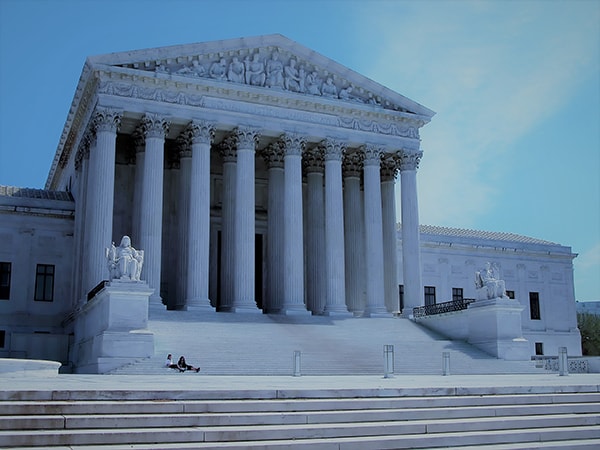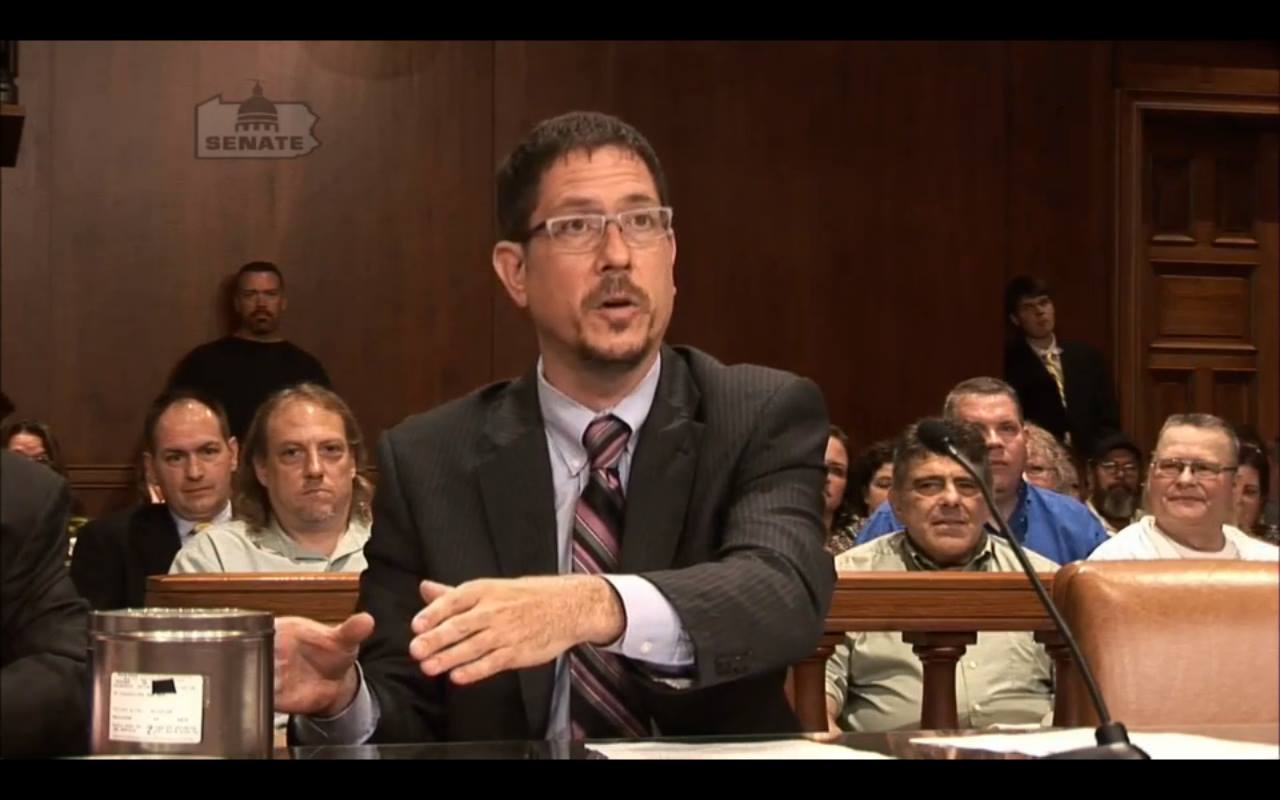Leading Federal Appeal Attorneys: Your Companions in Navigating the Appeals Process
Leading Federal Appeal Attorneys: Your Companions in Navigating the Appeals Process
Blog Article
Demystifying the Refine of Federal Appeals: What You Required to Know
Browsing the detailed realm of federal appeals can commonly appear like traversing uncharted waters for those not familiar with the procedure. Comprehending the subtleties of appellate court territory, the complexities of filing a notification of charm, presenting an engaging short, and making a persuasive oral debate are essential parts that can dramatically influence the end result of a case. By unwinding the layers of intricacy bordering federal allures, people can obtain a clearer insight right into the mechanisms that govern this crucial phase of the legal system.
Understanding Federal Appeals Process
Digging right into the elaborate realm of the federal appeals process unveils a structured and methodical journey with the judicial system - top california federal appeals attorneys. Federal appeals act as an important device for examining decisions made by lower courts. Recognizing this procedure is necessary for anyone associated with legal proceedings at the federal degree
The procedure generally starts with a party disappointed with a lower court's judgment filing a notification of charm. This activates an evaluation by a higher court, where a panel of judges evaluates the lawful arguments presented by both celebrations. Briefs detailing the legal reasoning behind each party's placement are submitted, and oral disagreements might be heard to clarify complex problems.
The appellate court's decision is based on a detailed exam of the lower court's process and the arguments provided. When the appellate court gets to a decision, it can verify, reverse, remand, or modify the reduced court's judgment, supplying quality and finality to the legal disagreement.
Appellate Court Jurisdiction Clarified

Appellate courts have jurisdiction over certain kinds of situations, usually those including legal errors, step-by-step concerns, or concerns of law as opposed to valid conflicts. The jurisdiction of appellate courts is normally detailed in statutes and legislations that regulate the court system. Comprehending appellate court jurisdiction is essential for celebrations entailed in the charms process as it figures out whether a situation is qualified for testimonial and the level to which the appellate court can interfere in the reduced court's choice.
Declaring a Notification of Allure
The preliminary action in beginning the federal appeals process entails submitting a Notification of Charm with the suitable appellate court. top federal appeal attorneys in maryland. This critical file formally notifies the court and the various other celebrations involved in the case that the appealing party plans to seek an evaluation of the reduced court's choice. Filing a Notification of Appeal is a strict step-by-step need that sets the appellate process in movement
When preparing the Notice of Allure, it is necessary to make certain compliance with the details policies and guidelines of the relevant appellate court. The paper needs to generally include information such as the instance name, the reduced court's name, the day of the judgment being appealed, their website and a succinct statement indicating the grounds for the appeal.
Timeliness is of the significance when submitting a Notice of Allure. Missing the target date for submitting this paper can result in the appeal being rejected, underscoring the significance of precise and punctual initiation of the allures process. It is suggested to seek lawful advice to navigate the intricacies of submitting a Notification of Charm successfully.
Briefing and Dental Disagreement
In the appellate process, providing composed briefs and participating in oral disagreements play essential roles in supporting for the appealing party's placement prior to the appellate court. Briefs are detailed legal records that detail the events' debates, lawful authorities, and evaluation sustaining their placements. These composed entries give the court with a thorough understanding of the truths of the situation, the appropriate legislation, and why the appealing event thinks the reduced court's decision should be reversed.
Complying with the entry and testimonial of the briefs, dental debates offer the celebrations an opportunity to additional clarify their settings, address any type of questions the appellate courts may have, and highlight bottom lines from their created briefs. Oral arguments are a possibility for the attorneys to encourage the courts via spoken campaigning for and reactions to queries from the bench.

Obtaining the Appellate Court Decision

Conclusion
To conclude, the government charms process is a facility but essential action in seeking justice. Comprehending the appellate court jurisdiction, filing a notice of allure, preparing briefs, and presenting dental disagreements are all crucial parts of this process. Inevitably, obtaining the appellate court decision can provide clarity and resolution to lawful disputes. It is very important to navigate the government charms procedure with persistance and focus to detail to accomplish a fair outcome.
As we advance from comprehending the federal allures process to exploring the intricacies of appellate court territory, a basic aspect comes to light pertaining to the authority and limits of these greater courts in the lawful landscape. Appellate court jurisdiction refers to the scope of cases that a specific appellate court has the power to review and make a decision upon. Unlike test courts that hear cases for the initial time, appellate courts are restricted to evaluating decisions made by lower courts. Comprehending appellate court territory is essential for celebrations entailed in the allures procedure as it figures out whether a situation is qualified for review and the level to which the appellate court can intervene in the lower court's decision.
Whether the appellate court affirms, reverses, or remands the reduced court's decision, comprehending the ramifications of the judgment is important for all parties entailed in the appellate procedure.
Report this page